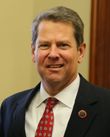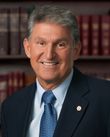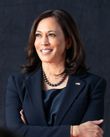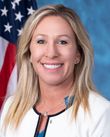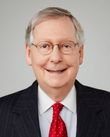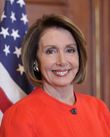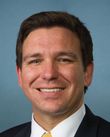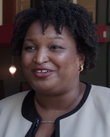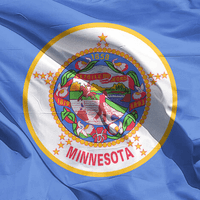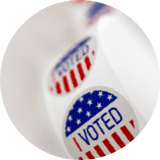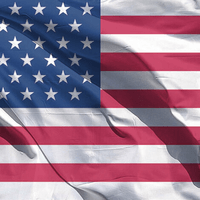

Peggy Flanagan DEMDemocrat
Lieutenant Governor
(651) 201-3400 (651) 797-1850 (800) 657-3717 (800) 627-3529 mn.gov/governor walzflanagan.org/peggy ballotpedia.org/Peggy_Flanagan en.wikipedia.org/wiki/Peggy_Flanagan www.flickr.com/photos/mngov?fbclid=IwAR1pPuehWCZBZbB22J6omVS-eFibBJlN_eV3GJsAjmwuLs5PWB2aSF8TlDg 130 State, Saint Paul MN 55155 75 Rev, Saint Paul MN 55155

Peggy Flanagan (born September 22, 1979) is an American politician, community organizer, and Native American activist serving as the 50th lieutenant governor of Minnesota since 2019. A member of the Minnesota Democratic–Farmer–Labor Party (DFL), Flanagan served in the Minnesota House of Representatives from 2015 to 2019. Flanagan grew up in Saint Louis Park, Minnesota, an inner-ring suburb of Minneapolis. She attended the University of Minnesota. Flanagan was previously involved in organizing the urban indigenous community, including for U.S. Senator Paul Wellstone’s 2002 reelection campaign. After serving one term on the Minneapolis Public Schools Board, she was a member of Wellstone Action, a training organization for progressive candidates. In 2015, Flanagan was elected to the state house to fill a vacancy and represented a section of Minneapolis's western, inner-ring suburbs. At the 2016 Democratic National Convention, she spoke on Native American representation in politics. Flanagan was elected lieutenant governor in 2018 and reelected in 2022, both times as Tim Walz's running mate. She has advocated for working-class families in addition to indigenous communities.
We don't have much info on Peggy Flanagan
If this is your profile, please reach out to us - we'll help get your profile filled out to start making a big impression on Voterly.
Below lists the position this politician has taken on a political issue. The star rating represents the politician's prioritization and action on the issue based on data collected by relevant interest groups. Select an issue to view a more in-depth explanation of each rating.

Voterly uses special interest group ratings to determine a politician's stance on a political or social issue. Special interest groups release ratings of politicians to convey whether that politician is in favor of their cause. For example, a politician who actively supports gun rights will receive a high rating from a pro-gun interest group. That same politician would be rated low by a gun control interest group. This collection of ratings informs where we place a politician on the spectrum of the issue.
Special Interest Group Ratings
Disclaimer: A special interest group's positions on issues are gathered from various reputable sources including the organization's website, social media accounts, press releases, and other public communications. Special interest group politician ratings are provided by VoteSmart.org. Positions and ratings are subject to change and we may experience delays, interruptions, or errors, as a result. If you believe this information is inaccurate, please submit a problem report. Submit Report.



